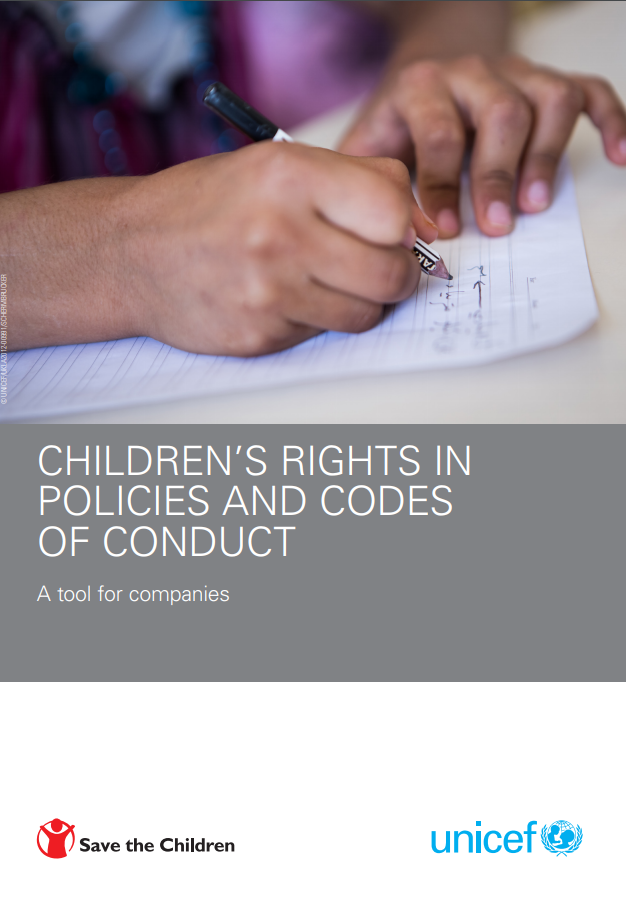Case Studies of Human Rights Abuses and Environmental Harm linked to EU Companies and how EU due diligence laws could help protect people and the planet
GuidanceStandards & Codes of ConductGood PracticesOver the past few decades, some of the EU’s largest and most well-known companies have been involved in appalling human rights abuses and environmental harm in countries across the globe. The companies have failed to address abuses perpetuated by ...Read More

